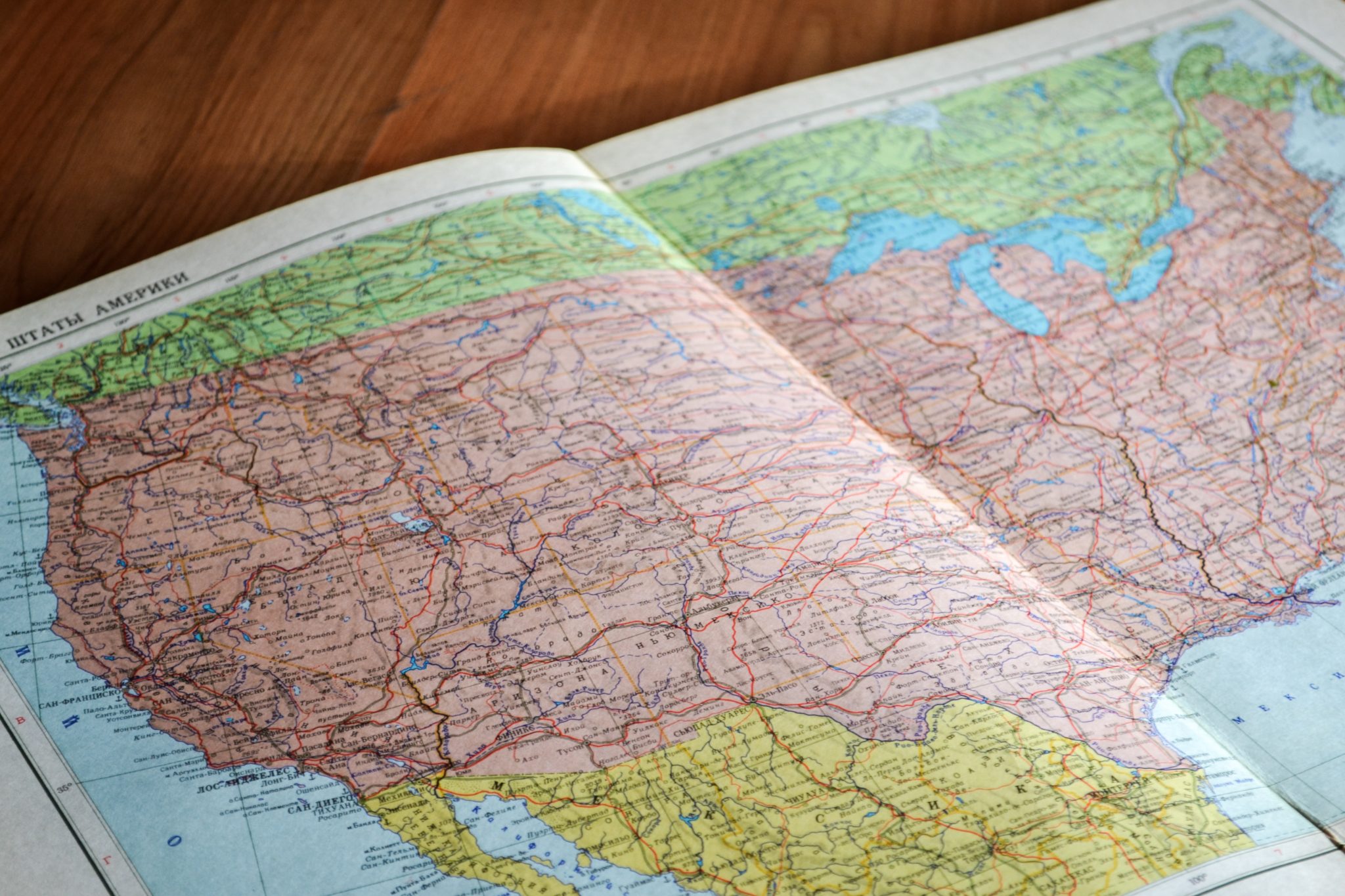In 2018, teachers across the nation went on strike in order to demand higher…
The experience of gender in the 2020 Presidential race

Seeing a woman run for President is no longer a novelty thanks to Hillary Clinton’s 2008 and 2016 campaigns. What is new in 2020 is women candidates’ willingness to run as women without apology. In the wake of 2016, many have finally embraced a new willingness to talk about the experience of navigating the upper reaches of American society while being female.
In 2008, there were many of us who wished Hillary could speak more about her experiences as a woman in politics and the legal profession. Instead, her advisers believed they needed to focus on toughness. As her then strategist, Mark Penn, was noted for saying, voters did “not want someone who would be the First Mama, especially in this kind of world”. Just as Obama often seemed to avoid discussions of race in 2008, Hillary’s team seemed to believe that the public would reject as weak any candidate who projected the feminine.
By 2016, after Hillary was accepted as tough, aided in part by her stint as the most traveled Secretary of State meeting world leaders on behalf of the Obama administration, her campaign was finally more willing to let her speak about herself as a woman. Though a noted long-time supporter of women’s rights, Hillary spoke more in 2016 than in the past on women’s rights issues. She spoke about her late mother’s life story, her own status as a grandmother, and even her early days facing sexism while taking a law school admissions test. This change wasn’t quite enough to overcome the 25 years of attacks she had endured in politics and media, but it made for a bracing contrast with the then candidate Donald Trump. Hillary’s 2016 race convincingly demonstrated both that a woman could win a major political party nomination while leaning into the narrative of experiencing life as a woman without it being considered a weakness.
As we approach the 2020 election, memories of the double-standard Hillary faced in the media have combined with the energy of the Women’s March, the #MeToo movement, and #TimesUp to finally shatter the wall of silence about women’s unequal treatment at the highest levels of American power. Today, women candidates don’t have to convince voters that misogyny still exists or that assault and harassment are still common—the nightly news covers the downfall of once powerful men on a regular basis. The difference is that a much larger portion American society than ever before has accepted the reality of the injustices faced by women leaders and is willing to at least entertain a conversation about fixing them rather than simply plugging their ears and pretending that the Women’s Movement and the meritocracy solved everything back in the 1970s.
This change shows up in the sheer number of women candidates for the Democratic nomination, their campaigns, and their comments on the debate stage. Before she exited the race, Senator Kirsten Gillibrand highlighted her status as a mother and her work advocating for family leave and better policies for survivors of sexual assault in the military. In last week’s debate, Senator Elizabeth Warren spoke of how she was laid off as a teacher for being visibility pregnant. Senator Kamala Harris cited her experience as a black woman being told to “wait her turn” or to not run at all for higher office when discussing her thoughts on resilience. These are moments that would have been remarkable in any previous campaign, but I’m looking forward to seeing even more of them as the new normal as this presidential race continues.






